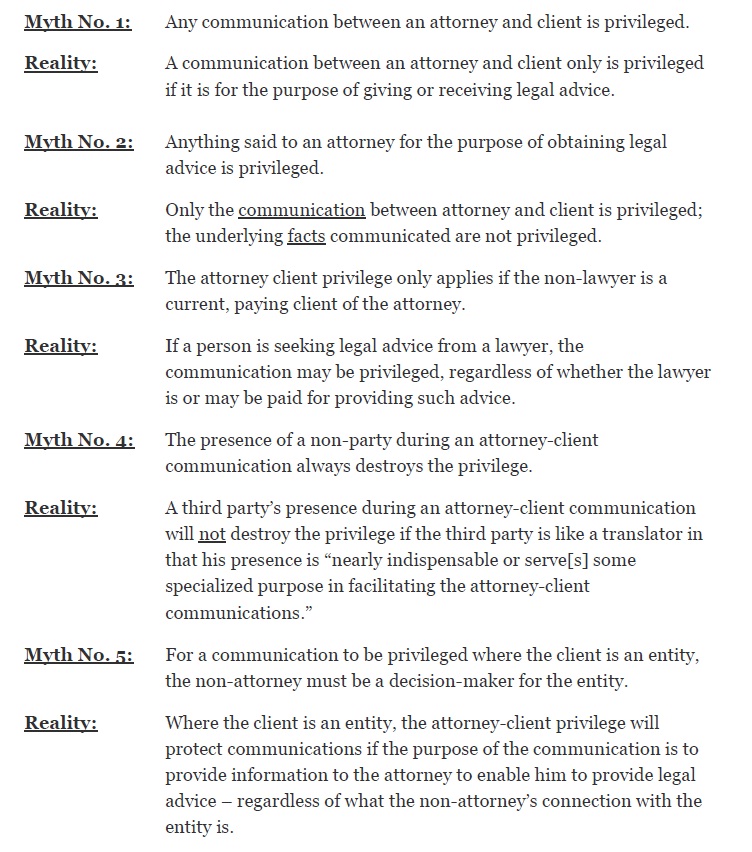Enforcing Non-Compete Agreements Against California Employees – Part II
In Enforcing Non-Compete Agreements Against California Employees — Part I, I discussed how a Massachusetts company might be able to enforce a non-compete against a California employee by including a Massachusetts choice of law provision in an employment agreement. In this post, I will discuss three scenarios under which an employer may be able to obtain an actual (or the functional equivalent) of a non-compete with respect to California residents/employees even if California law applies.
1. Enforcing a Non-Compete Against the Seller of Goodwill or Equity
Section 16601 of the California Business and Professional Code states:
… Keep readingAny person who sells the goodwill of a business, or any owner of a business entity selling or otherwise disposing of all of his or her ownership interest in the business entity, or any owner of a business entity that sells (a) all or substantially all of its operating assets together with the goodwill of the business entity, (b) all or substantially all of the operating assets of a division or a subsidiary of the business entity together with the goodwill of that division or subsidiary, or (c) all of the ownership interest of any subsidiary, may agree with the buyer to





